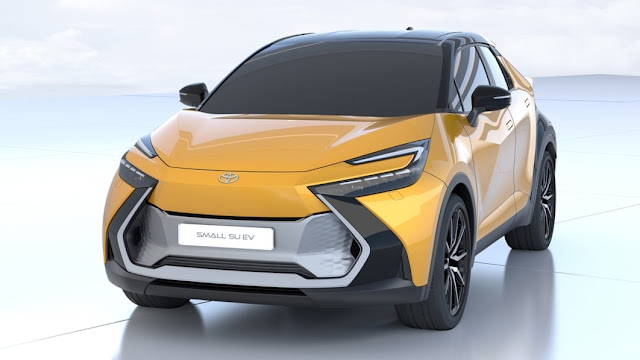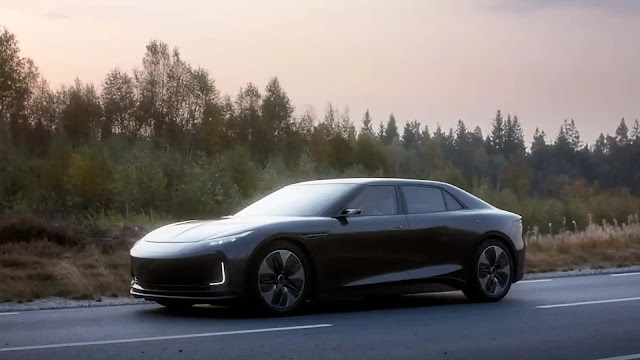GAC and Toyota Collaborate to Develop Groundbreaking Ammonia Engine for 90% CO2 Reduction
In a significant breakthrough, Chinese state-owned manufacturer GAC has unveiled a prototype engine that runs on liquid ammonia. Developed in partnership with Toyota, this pioneering engine represents a major step forward in the exploration of alternative fuels for passenger cars. Ammonia has gained attention as a potential substitute for diesel in the maritime and haulage industries, and GAC's four-cylinder engine marks the first proposal of an ammonia-fueled engine for use in a passenger vehicle.
The 2.0-liter four-cylinder ammonia engine showcases impressive capabilities, delivering 161bhp while emitting 90% less carbon compared to traditional unleaded petrol engines. GAC has successfully overcome key challenges, such as excessive nitrogen emissions and increased combustion pressure, to make ammonia viable for the passenger car industry. Qi Hongzhong, an engineer at the GAC R&D center in Guangzhou, China, expressed optimism about the potential of ammonia as a fuel source, stating, "Its value to society and for commercial uses are worth anticipating."
Ammonia, primarily used as a fertilizer, possesses combustible properties that make it a promising option for future transportation needs. It offers approximately half the energy density of petrol at 3.6kWh per liter, but when combusted, it produces no carbon, hydrocarbon, or CO2 emissions. Although ammonia production traditionally requires significant energy inputs, recent advancements have enabled the production of "green" ammonia on a smaller scale, utilizing renewable energy sources for carbon-free output.
Ammonia finds wide-ranging applications beyond the automotive industry. Over two-thirds of global ammonia production is utilized in agriculture as a fertilizer. It is also used as a refrigerant gas and plays a role in the production of plastics, textiles, explosives, and pesticides.
The collaboration between GAC and Toyota represents a significant stride toward sustainable and eco-friendly transportation. As the development of ammonia-fueled engines progresses, it holds the potential to become a viable alternative to traditional fossil fuels, offering substantial carbon reduction benefits and paving the way for a greener future in the automotive sector.




Comments